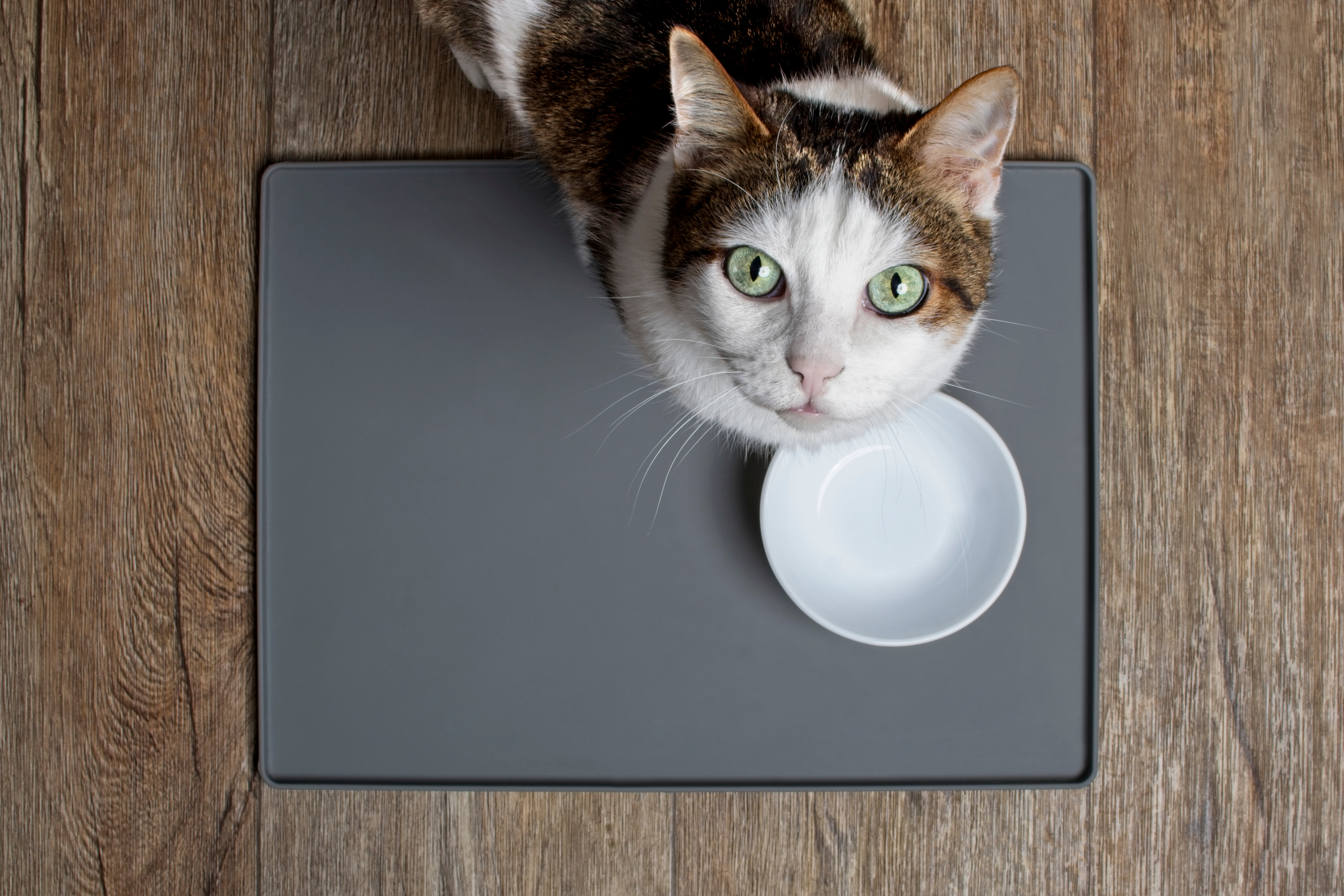Cats are too socially inept to be loyal
Cats may be too socially clueless to understand when someone is not being nice to their owners.

In the cat world, there's a saying that you should keep your humans' friends close and your humans' enemies … just as close. That's the takeaway of a new study that shows that cats, unlike dogs, will gladly accept food from people who are not nice to their owners.
While dog lovers may rejoice at the chance for another study suggesting dogs are more loyal than cats, the conclusion is not that simple. It might not be that cats are disloyal; rather, they may be too socially clueless to understand when someone is not being nice to their owners, according to the new study, which was published in the February issue of the journal Animal Behavior and Cognition.
For the study, a group of researchers from Kyoto University in Japan tested the loyalty of domestic cats by adapting a technique previously used on dogs. The experiment involved a container, 36 domestic cats (13 were house cats and 23 lived in cat cafés) and their owners.
Related: 20 weird dog and cat behaviors explained by science
The researchers set up two groups: the "helpers" and the "non-helpers." The cats watched as their owners tried in vain to open a container and take out an object. In the helper group, a second person, an actor, helped the owner open the container — in other words, they acted as a friend to the owner. In the non-helper group, the actor refused to help and turned away — making them a foe. To act as a point of comparison, a third person just sat there throughout both conditions, neither helping nor refusing to help.
After the skit, the actor and the neutral person from each trial offered the cat a piece of food, and the experimenters recorded which person the cat took the food from. After four trials, the conclusion was clear: The cats did not care who they took the food from. Previously, the research team showed that dogs undergoing the same experiment avoided people who refused to help their owners.
So does this mean dogs are loyal and cats are selfish?
Get the world’s most fascinating discoveries delivered straight to your inbox.
Not quite. "It is conceivable that the cats in this study did not understand the meaning or goal of the owners' behavior," the authors wrote. No studies have investigated if cats can recognize others' goals or intentions from their actions, they wrote. "But even if they did understand the owner's goal or intention, they might have failed to detect the negative intention of the non-helpful actor."
In other words, they may not have realized the other person was not helping their owner open the container.
"We consider that cats might not possess the same social evaluation abilities as dogs, at least in this situation, because unlike the latter, they have not been selected to cooperate with humans," the authors wrote in the study. (Throughout the years, dogs were breeded, or artificially "selected" for more cooperative traits.)
Calling cats selfish based on this study would be an "anthropomorphic bias," Ali Boyle, a research fellow in the Kinds of Intelligence project at the University of Cambridge, wrote in The Conversation. They're not "furry little humans," but "creatures with their own distinctive ways of thinking," wrote Boyle, who was not involved in the new study.
It's more likely that cats don't understand our social relationships as much as dogs do, because dogs were domesticated much earlier, she wrote. What's more, the ancestors of dogs lived in social packs, whereas cats were solitary hunters, which could mean dogs already had existing social skills that were hyperdeveloped when they were domesticated.
It's also not clear if these findings extend to all house cats. "About two thirds of our subjects were from cat cafés, which makes us cautious about generalizing the results of this study to all domestic cats," the researchers wrote in the study. Though the house cats and the café cats didn't show differences in behavior, they could have a different bond to their owners. Café cats, for example, may spend more time socializing with strangers and may have less individual interactions with their owners than house cats would, they wrote.
Originally published on Live Science.

Yasemin is a staff writer at Live Science, covering health, neuroscience and biology. Her work has appeared in Scientific American, Science and the San Jose Mercury News. She has a bachelor's degree in biomedical engineering from the University of Connecticut and a graduate certificate in science communication from the University of California, Santa Cruz.
 Live Science Plus
Live Science Plus





